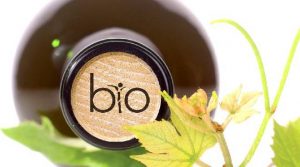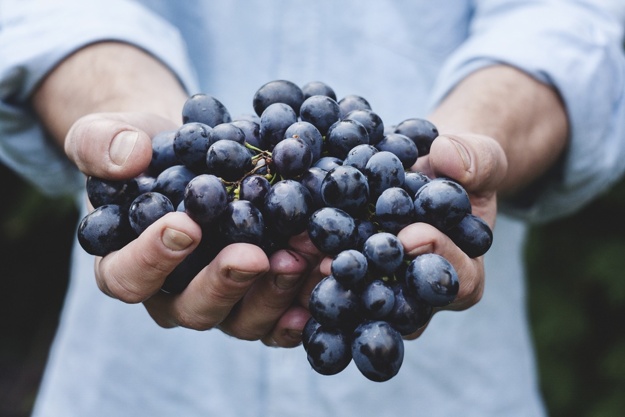Learning about wine
What is the difference between bio, biodynamic, and organic wines?

In a historical period in which attention to quality and sustainability is very high, there is at the same time a lot of confusion around the various forms of genuine wine production. Let us therefore try to clarify the various approaches that characterize it. What is the difference between bio, biodynamic, and organic wines? They share the same foundational values, namely the refusal to use chemicals, attention to the environment, crop rotation; but they differ because they are regulated differently.
What is organic wine
Initially we could only speak of “wine produced with grapes from organic farming”. Thanks to the new regulations, today all the wine production is managed by specific rules. Only organic producers who use only grapes cultivated with methods can use the Bio logo. of organic farming, without chemicals and without GMOs, or those that make winemaking using only the oenological products, following processes that avoid the addition of chemicals normally used to correct the wine.
What is biodynamic wine
Biodynamic wine is obtained from biodynamic agriculture. Although not yet recognized at the legislative level, this type of agriculture is regulated by the Demeter association. It aims to completely remove chemistry and minimize the use of machinery: biodynamic agriculture is based on respect for the course of nature and on the use of biodynamic preparations at certain stages of the year. The result will be naturally healthy, high quality plants able to defend themselves from pests. As well as organic wine, biodynamic wine also does not reduce sulphites but limits them more.
What is natural wine
Natural wines are made without chemical additives or manipulations or additions by humans. Even in this case, however, there are some nuances: the vines, all with low yields, are treated but only with natural substances such as sulfur and copper, reduced to a minimum. Although they should not be added to those that develop naturally during alcoholic fermentation, if particularly deficient vintages occur sulfites can be used but in minimal quantities.
The main difference
The main difference between these wines is that the organic has a different legal value compared to biodynamic and natural. In fact, organic certification is regulated by Italian and European laws. The last intervention of the European Union on the subject is the approval of Regulation 834/07, which has defined more precisely what organic production methods consist of. It has also made the certification of products mandatory at one of the private inspection bodies.
If you are interested in trying these types of wine I suggest good and ecological products, let me know what you think if you try them, or if you have already tried them!
Good day! Ilde





